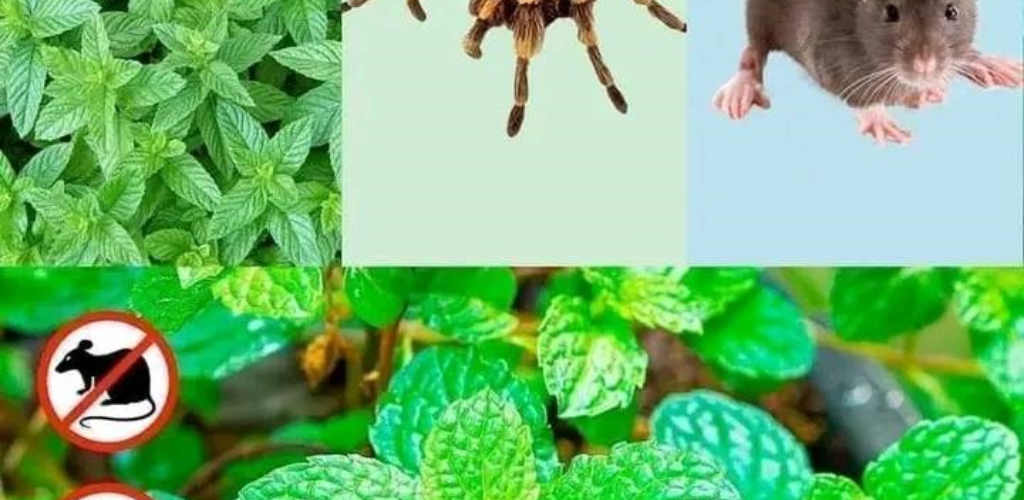28.10.2024
8 Plants That Help Control Pests in Your Garden
Today we are going to learn a way to naturally repel insects or pests, because having an organic garden requires a lot of care and dedication.
A good way to maintain it naturally, without using chemicals like pesticides, is to plant one of the plants below with our crops.
- Calendula
Repels aphids, bedbugs, whiteflies and nematodes. Repels the asparagus beetle. Attracts many beneficial insects to your garden. The scent of its flowers attracts hoverflies, big aphid eaters.
- Garlic
In addition to being one of the most used spices in cooking, growing garlic in your garden is very beneficial, especially if you want to grow tomatoes, since it is a natural bactericide and fungicide. The plant acts as a repellent against pests that normally attack them. Repels nematodes. It is also used in carrot and strawberry crops. Planted among carrots, it helps us repel the carrot fly. - Rosemary
Rosemary is considered an easy-to-grow plant and suitable for novice gardeners, it has a good tolerance to pests. This shrub is able to defend itself against the cabbage papilla and the carrot fly.
- Mint
Herbaceous plant widely cultivated in the world for its aromatic essences. The scent of mint repels lepidoptera, such as the kale butterfly, ants and rats. It is a good choice for growing border crops. At the edges of the orchard it stops ants. It also repels rodents. Attracts bees, bumblebees and butterflies. Helps control insect pests. - Thyme
Widely used in cooking in condiments and sauces, this plant requires little maintenance and prefers solid soil. Thyme has virtually no enemies. Repels cabbage butterflies. It attracts bees and repels insect pests. - Sage
With long, plump leaves, sage has a strong but refreshing flavor, slightly similar to rosemary. Repels whiteflies, cabbage moths and slugs. - Dead Carnation
Plant to kill pests of nematodes, mealybugs and other animals that attack the roots of plants. - Basil
Basil repels and keeps away whiteflies, mosquitoes, flies and bedbugs. Used in tomato and pepper crops. Attracts pollinators increasing production.
